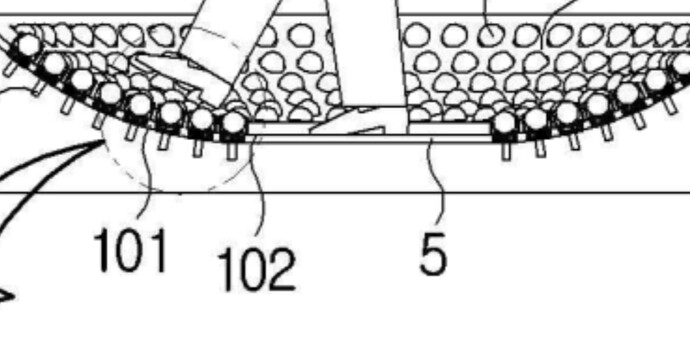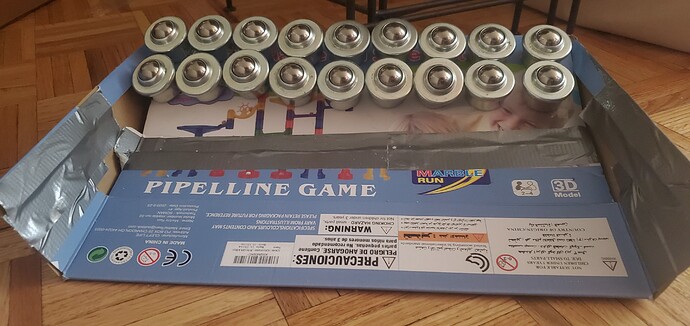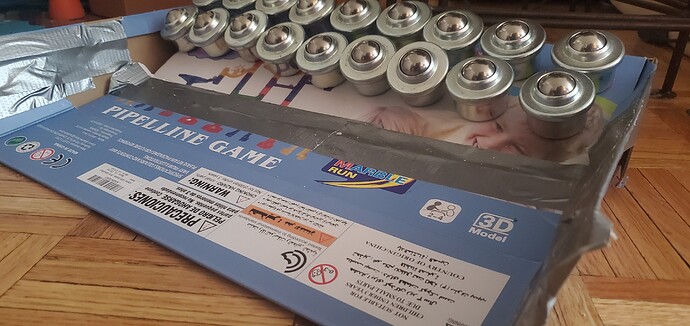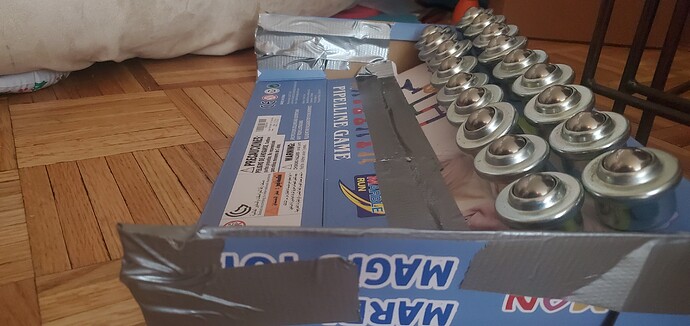Yes, I am thinking someone may not want/need foot sensors or just want simple switches. Or you could possibly add an encoder and have something like the Cybershoes. Having a modular system would allow lower starting costs and as @Heliosurge said, allow users to build their own nodes to suit what is needed.
Ok @Heliosurge and @g-coded . I am going to look into this, starting from the soldering of the brain box it will be done for me.
My only wondering is if then the brain box should have terminal screws for all the pins of each microcontroller and not plugs, since i think depending of what sensor you guys want to hook to the brain box the number of wires changes.
For ex , flex sensors use only 2 pins.
Accelerometers use many more pins
Pressing sensors use only 2 also.
Etc.
So 1 unique standard brain box might not really have neat plugs
I would set up the ‘extension jacks’ as a female plug with the maximum pins needed for any possible module. Any module that didn’t need the extra pins would just have unused pins/wires in the cable. Any common pins that would be used across different modules(power/ground) would use the same pins on the plugs.
Do you have a link to the plugs/connectors you have in mind?
This is the sketch I would start from , giving both options of wireless and wired connectivity.
This would work as both vr controller (wired or wireless via openvr) and at the same time the option to work as xinput controller.
We can create even customized hands controllers using a vr controller for tracking in vr and the arduino to add buttons to a vr controller and 3d print different shapes of add on controllers to attach to a vr controller.
We can do the same for the xinput controller
The Brain Box of this project is based on using an arduino to control any button of vr controllers via openvr in steamvr or using an arduino to create a custom xinput controller with locomotion included
I was thinking about the maximum number of pins needed, but this may not just be what the most complex module type needs. For example, if a 6 pin module doesn’t allow you to change the ‘signal’ pin for a 2 pin single button you need another wire on that jack. This all depends on the board and what ‘roles’ the pins can cover, so it’s hard to determine the jack/wire needed to cover all options.
It does seem like the ‘double accelerometer board’ would(hopefully)be the most complex in terms of pin quantity(10 I think). Of course the more pins/wires needed the more difficult wiring a female jack into a small space is going to be. There are different ‘styles’ of multi-wire connectors, it just depends on how secure the connection needs to be, and how compact you want the ‘brain’ to be.
pins might me on separate parts of the board, this is why it is hard to think about 1 plug that fits all the sensors. Maybe best use the terminal screw drivers instead , otherwise 1 sensors would have 1 cable with 2 plugs , with 1 wire on each plug?
The modular plugs were just a suggestion to make the unit easier/cheaper to make. If I had bought something(because I didn’t want to build it), I wouldn’t want to open it up and rewire it to ‘upgrade’ it later. I’m sure there are tinkerers that would be ok with this, but they’d probably just build it themselves.
The plugs could be set up to cover multiple wires regardless of their location on the board. Here is a picture of the modular xinput box I had made using a terminal shield and molex connectors. I wouldn’t suggest these molex connectors for this, as they are limited wires.
You xinput box looks neat!
You are right.
I just can’t visualize an easy way to make it work 
Thanks. It does require some planning, taking that extra time to figure out how it could be done makes the initial setup take longer than needed, but switching things later is made much easier.
Just received Katloco S.
The custom arduino/teensy locomotion system, works at the same time with katloco S lol
That means that this custom arduino/teensy locomotion system, can add actually functionalities to katloco S, functionalities that katloco S does not have (for example, the chest sensor and analog speed cruise movement) or any other functionalities we want to achieve, by customizing this locomotion system.
We have been now developing a dual system based on a custom xinput/hand controller with integrated the locomotion system.
The custom hand/xinput controller system can be 3d printed in the desired shape and form and it also has an accelerometer to use to control the right joystick of the gamepad for in game use for aiming (mounting on the tip of a custom weapon) and/or for headtracking/change of avatar view (mounting it on the head).
From the labs of Marco Borg-letta… :7
We are just talking potentiometers there, right?
The motion looks almost like there are rubber bands or something wresting your hand open… 
The motion looks like we didn’t finish smoothing the data yet, since this is just the beginning of the testing/developing.
Do you have any better looking among your custom prototype controllers, to show us ?
Do you have anything of constructive to show and say so that we can learn from you about this and do it better to please you ?
Wha…? How…? Where did that come from?
Ok, clearly somehow what I wrote came accross totally opposite to intention, so let’s start over from the beginning…
I was not commenting on the readings response, but around how you were moving your actual, real life hand, with the rapid opening, as if there was something pulling your fingers open, like rubber bands, or some sort of servo, already, even though I couldn’t see where one could possibly be fitted.
I am a fan - not a detractor.
Either we are dealing with a misunderstanding about that, or you are just the sort of hyper-serious type of person who take offence from having their time wasted on idle chit-chat, in which case I shall try to never bother you again.
I wouldn’t take things too personally with cultural differences misunderstandings of intent are easy. We have fellow in another topic that often uses obscure dry humor and has often faced scrutiny over it.
I apologize, i misunderstood your words.
Sorry












